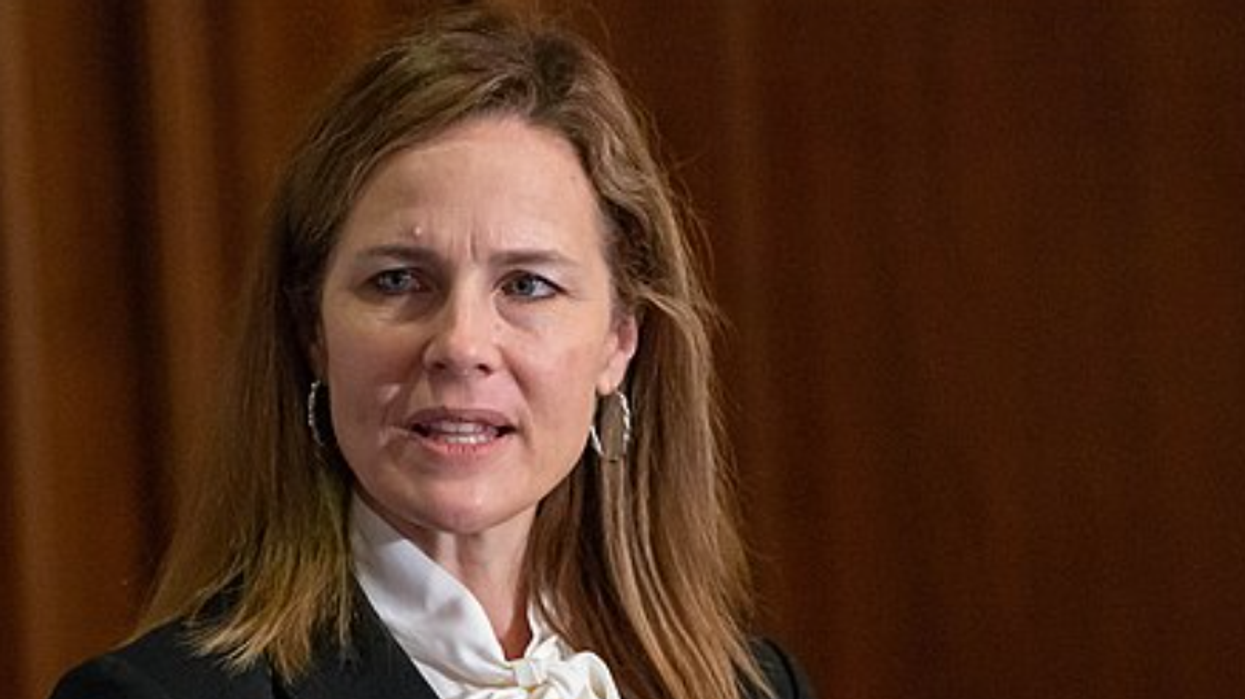Barrett accuses SCOTUS of 'textual backflips' in obstruction case: 'Win for Jan. 6 defendants'


The Supreme Court on Friday ruled 6-3 in favor of a former police officer who faced obstruction charges stemming from his participation in the Capitol riot on January 6, CNN reports.
Reporter Paula Reid, speaking on CNN, called the ruling “a win for some of the January 6 defendants.”
Chief Justice John Roberts, joined by Justices Clarence Thomas, Samuel Alito, Neil Gorsuch, Brett Kavanaugh and Ketanji Brown Jackson, decided in favor of Joseph Fischer, who was charged with violating “The Sarbanes-Oxley Act of 2002” which “imposes criminal liability on anyone who corruptly ‘alters, destroys, mutilates, or conceals a record, document, or other object, or attempts to do so, with the intent to impair the object’s integrity or availability for use in an official proceeding.’”
READ MORE: Former Bush speechwriter reveals the real 'travesty' of Biden-Trump debate
As the ruling notes, “the criminal complaint alleges that Fischer was among those who invaded the [Capitol] building. Fischer was charged with various crimes for his actions on January 6, including obstructing an official proceeding in violation” of the Sabanes-Oxley Act.
In their ruling, the justices limited the scope of the act, concluding “that the law, enacted in 2002 … after the Enron accounting scandal, was only intended to apply in limited circumstances involving tampering with physical evidence,” NBC News reports.
PBS NewsHour reporter Lisa Desjardins noted “among those affected is former President Trump, who faces this charge as part of the DOJ case against him.”
As Desjardins pointed out, In her dissent, Barrett accused the Court of doing “textual backflips” to narrow the law.
READ MORE: 'Dems are missing the boat': Ex-GOP rep warns Americans 'will vote for the bad guy over the old guy'
“The Court does not dispute that Congress’s joint session qualifies as an ‘official proceeding’; that rioters delayed the proceeding; or even that Fischer’s alleged conduct was part of a successful effort to forcibly halt the certification of the election results,” Barrett wrote.
“[S]tatutes often go further than the problem that inspired them, and ... we stick to the text anyway,” Barrett added. “The Court, abandoning that approach, does textual backflips to [narrow the law].”